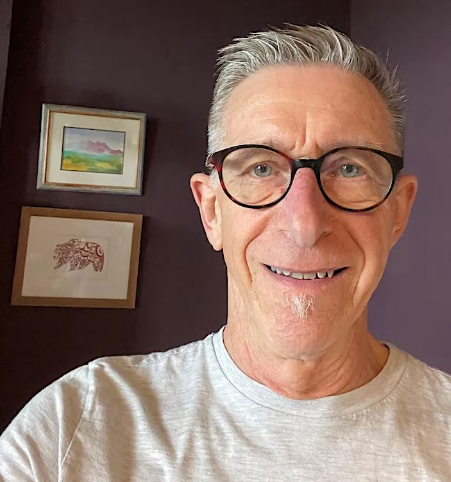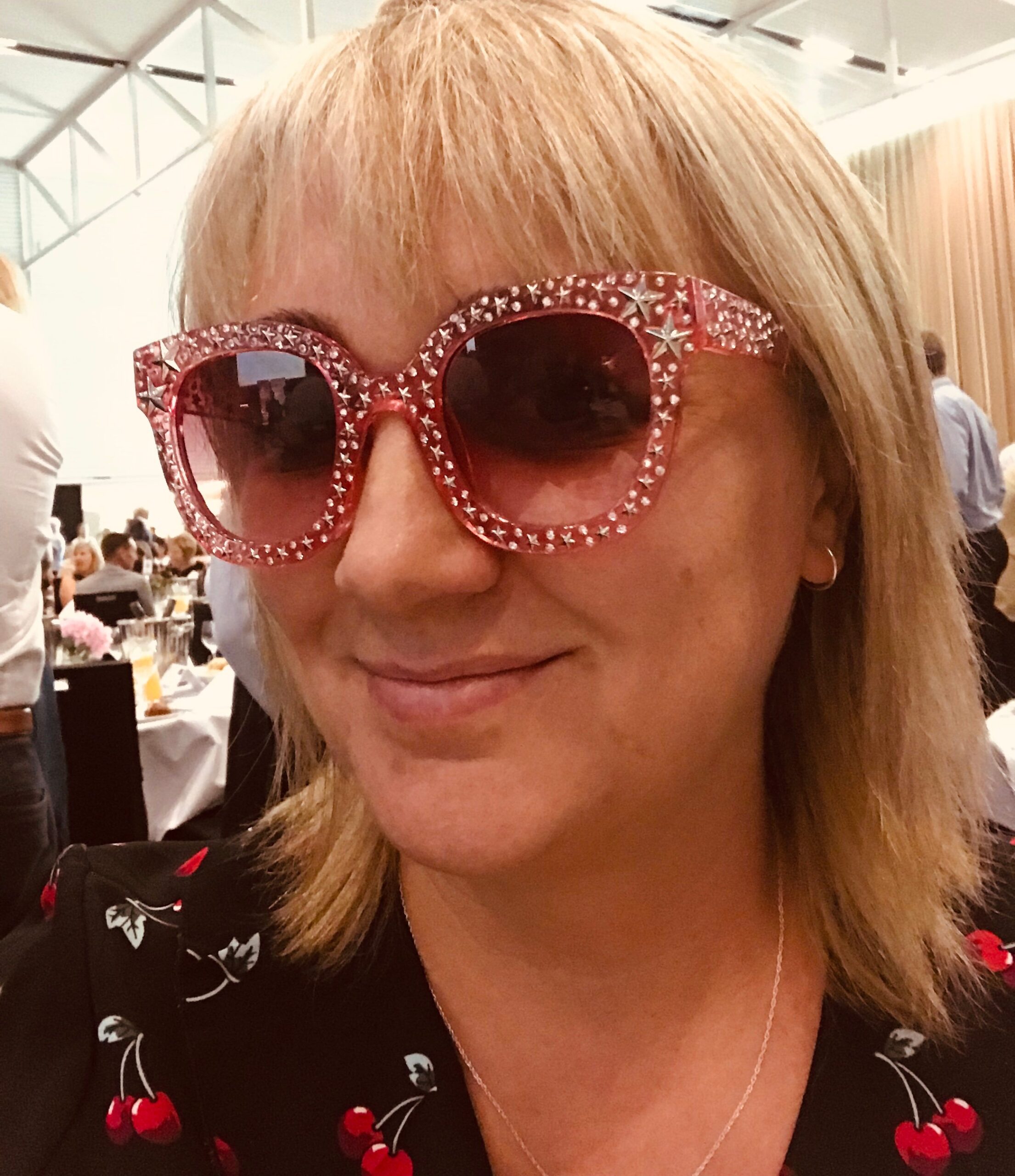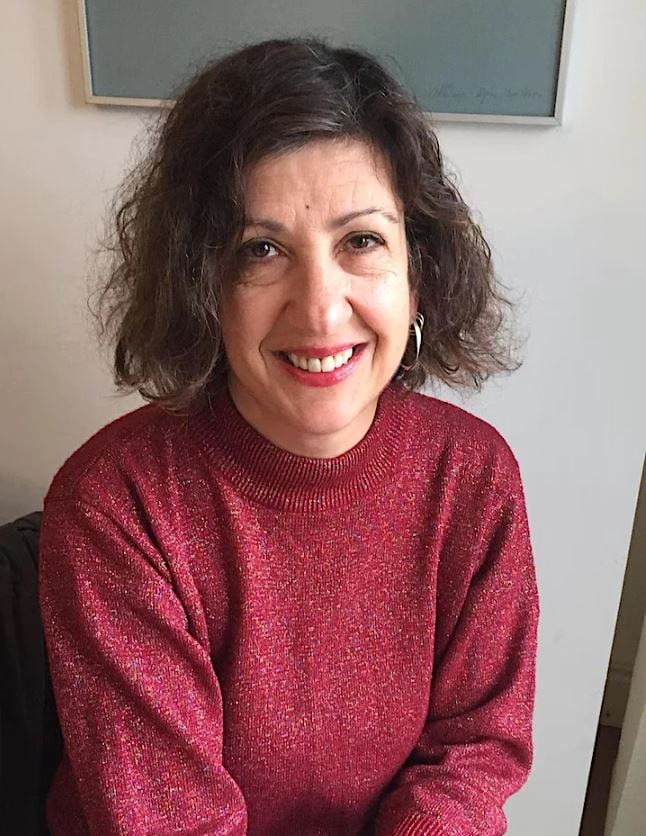
DOWNLOAD YOUR CONFERENCE PROGRAMME
Conference theme
Mad knowledge has been historically invalidated by academic and professional disciplines. Despite the rhetoric of ‘social inclusion’ and ‘co-production’, service users/survivors/Mad people continue to be viewed as non-credible knowers in relation to their own experiences. This is a form of injustice that renders them powerless within the systems that are meant to support them. This year’s conference provides opportunities to consider Mad knowledge and the challenges involved in learning with and from Madness and distress. The conference will consider:
- The diversity of Mad knowledge
- The processes that marginalise Mad knowledge
- Issues of credibility and representation
- What it means to learn from Mad knowledge
- The implications of this learning for education and practice systems
- How we create environments to honour, and nurture Mad knowledge
Course Content
Presenter

Harry Gijbels is a retired mental health nurse and academic with over 40 years of experience in challenging mental health practices and education. He continues to be actively engaged, for example through his work with the Hearing Voices Network Ireland. Harry’s work in activism is informed and influenced by issues of power, human rights and social justice in mental health.

Lisa Archibald (my pronouns are she/ her/ hers) moved back home to Scotland in 2020 after living and learning in New Zealand for 7 years where she supported the growth & development of their Intentional Peer Support Aotearoa NZ hub. Lisa first accessed peer support 20 years ago as a university student and has benefitted from accessing peer support to navigate a number of existential crises in the many years since. After graduating with a degree in psychology Lisa started to facilitate peer support groups then went on to manage peer services and eventually became a relationally informed trainer and co-reflector. Lisa was a UK Winston Churchill fellow in 2013 and a Yale University Let(s) LEAD fellow in 2019. She is currently an MSc Mad Studies student in Edinburgh and works part-time for IPS Central in an operational and trainer role. Lisa is a solo adult raising a teenager and a nearly teenager in the Scottish Borders, has a kiwi cat called Shadow and has been learning (slowly) Scots Gaelic for the past 3 years.

Lydia Sapouna is a Lecturer in the School of Applied Social Studies, University College Cork, Ireland. Her teaching, research and community contributions are primarily in the area of critical mental health, education and practice. She is very interested in the politics of mental health and the role of social activism in changing power imbalances in mental health systems.


